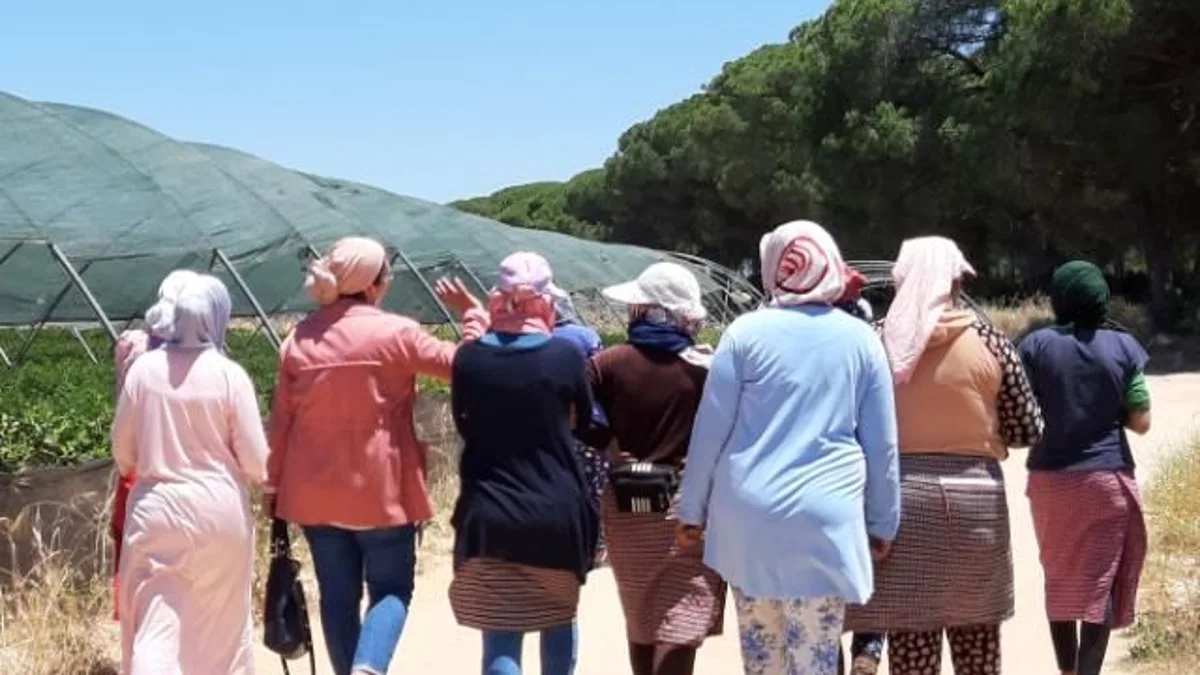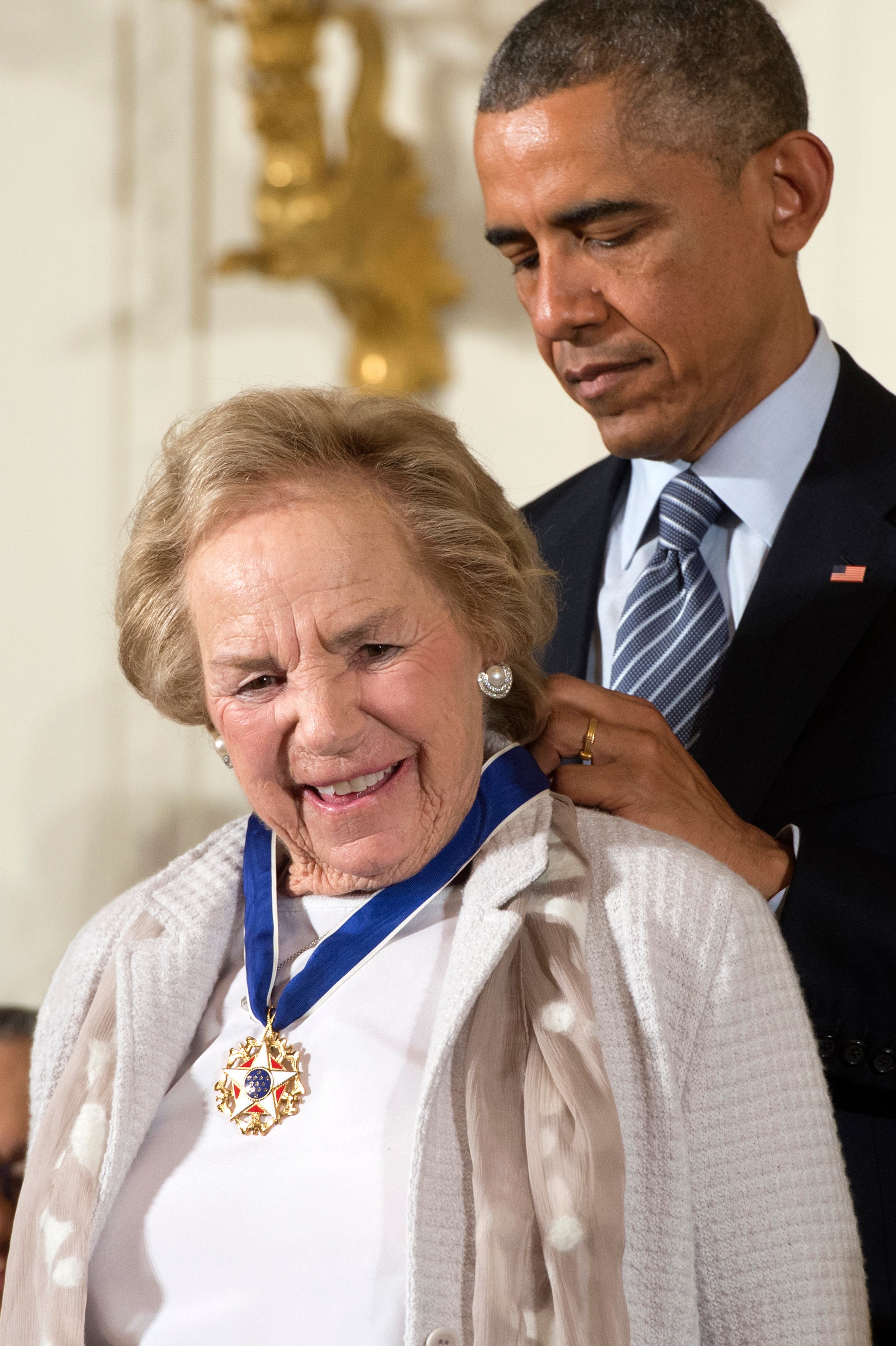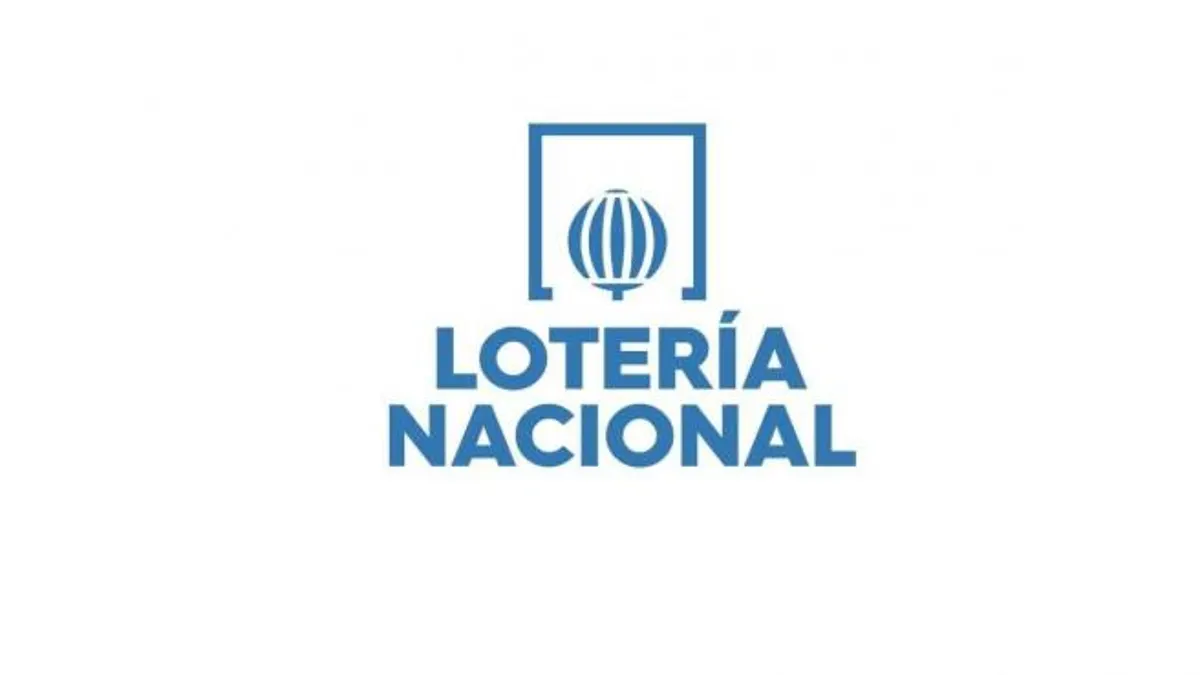You can’t tune into a podcast, read a news story or stroll the aisles of a bookstore without being reminded of the endless search for personal happiness and mental health. However, as we observe World Mental Health Day (Oct. 10), it’s still a search that’s elusive for so many. I suspect it’s because much of the discussion about this ongoing search generally takes the position that mental health is somehow attainable without physical and spiritual health. I have found on my own journey that these three components — mind, body and soul — must all work together if one is ever to achieve real happiness. I have also found that there is one thing that connects them all: MUSIC.
I grew up in and live in a world filled with music. My father Clarence Avant was responsible for introducing the music of Bill Withers, The S.O.S. Band, Alexander O’Neal and Cherrelle to the world. He started his career managing legends like Jimmy Smith, Dinah Washington and Lalo Schifrin. He ran in the same circles with Louis Armstrong and Duke Ellington. And at the end of his life, it was their music that brought him peace — even at his most difficult times physically, mentally and spiritually. In the days and months after the death of my mother, Jacquline Avant, I watched my dad slip into a near trance listening to those songs from the American Songbook. His eyes closed and head bobbing, he was transported back to happier times. Those songs connected him to memories and brought him to a calm place, a spiritual place.
After he suffered a stroke, I could see in his face that he was filled with fear. He could not understand why his body had failed him, even though he was 92 years old. Once in the ambulance, I had an idea and searched for Frank Sinatra’s “Bewitched” to play on my phone. He immediately calmed down. While he could not speak, his feet and head began to bob once more to the beat of one of his favorite songs and singers. I watched in real time the power of music.
In a 2022 San Francisco Conservatory of Music article titled “What ‘Stranger Things’ Gets Right About Music Therapy,” SFCM singer/instructor Dr. Indre Viskontas talked about music therapy and the integral role it plays in the Netflix series. “Music can remind people of who they are, of who they love and of their past,” he asserted. “Sharing a musical experience can help them feel connected again to the present.” And according to a 2022 Health Psychology Review study about music therapy and stress reduction, researchers found that “music listening is strongly associated with reducing negative emotions and feelings such as subjective worry, state anxiety, restlessness or nervousness … and increase positive emotions and feelings such as happiness.”
Music makes us happier and healthier as individuals, but it also has the power to create empathy that can transcend language and geography. In 1983, I learned about the civil rights struggles in Northern Ireland and of the 1972 protest that turned deadly there … not in school but by listening to U2’s “Sunday Bloody Sunday.” Lacking even the most basic protections, women in Somalia are subject to female genital mutilation and offered as child brides at alarming rates. Statistics, news coverage and documentaries have relayed these travesties. But it was the haunting lyrics of Sade’s “Pearls,” particularly the poignant second verse — “Don’t know what she’s made of … I would like to be that brave” — that stuck in my heart and helped shape my life into adulthood.
As a young girl, I had the blessed experience of traveling with Michael Jackson’s Bad tour. My father was the promoter and we toured throughout Europe, witnessing stadiums filled with fans. Many could not speak a word of English, but still they sang along to every hit song while they screamed and cried tears of joy for Michael. I saw it again a few years ago watching French fans singing along with Bruce Springsteen as if they were all from New Jersey. We see that now with non-Korean audiences singing along to BTS. Andrea Bocelli’s vocals can bring me to tears, even though I speak no Italian. Music can override our tribal barriers. A Swifty in Tokyo now shares a sisterhood with a Swifty in Memphis.
If you need more proof of the healing power of music, one needs only to have witnessed the final touring years of Tony Bennett and Glen Campbell. Although Bennett was diagnosed with Alzheimer’s disease and had lost much of his memory in 2016, he continued to tour while performing his set to near perfection until 2021. Similarly, Campbell continued to tour, remembering lyrics long after losing memories of nearly everything else.
The science of music’s healing powers has found support within the music industry as record labels have begun launching wellness initiatives. In 2021, MedRhythms, a digital therapeutics company, partnered with Universal Music Group to provide sensors, software and music to help restore function lost to neurologic disease or injury. Given that music is all around us, the music industry has a unique — and purposeful — opportunity to make the connections that can amplify the healing and strengthening powers of music.
Music can literally lift our spirits, even in the face of unimaginable grief. I myself have found a way to process my grief through music. The music I listen to includes Adele’s power anthem “Rolling in the Deep” while trying desperately to sing along, George Michael’s Listen Without Prejudice album and Bill Withers’ Still Bill. These albums and songs remind me of who I am, the people I love and occasionally the hard things I have successfully navigated; things that I have gotten through before.
Just listening to more music is not all you need. But it’s a very powerful start on the pathway to mental, physical and spiritual health. The answers we seek aren’t far away. They are in our playlists.
Nicole Avant is the producer of the critically acclaimed, award-winning film The Black Godfather and the upcoming Tyler Perry-directed film Six Triple Eight (in theaters Dec. 6). The former U.S. ambassador to the Bahamas under President Obama is also the author of the audiobook “Think You’ll Be Happy: Moving Through Grief with Grit, Grace and Gratitude,” available at all audiobook sellers.
























